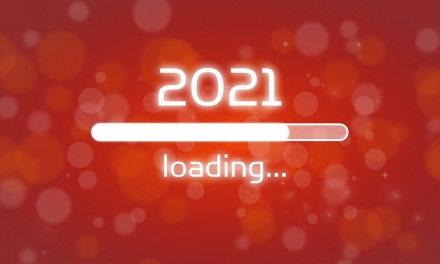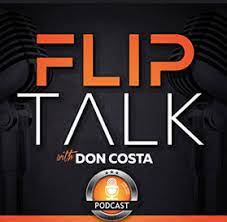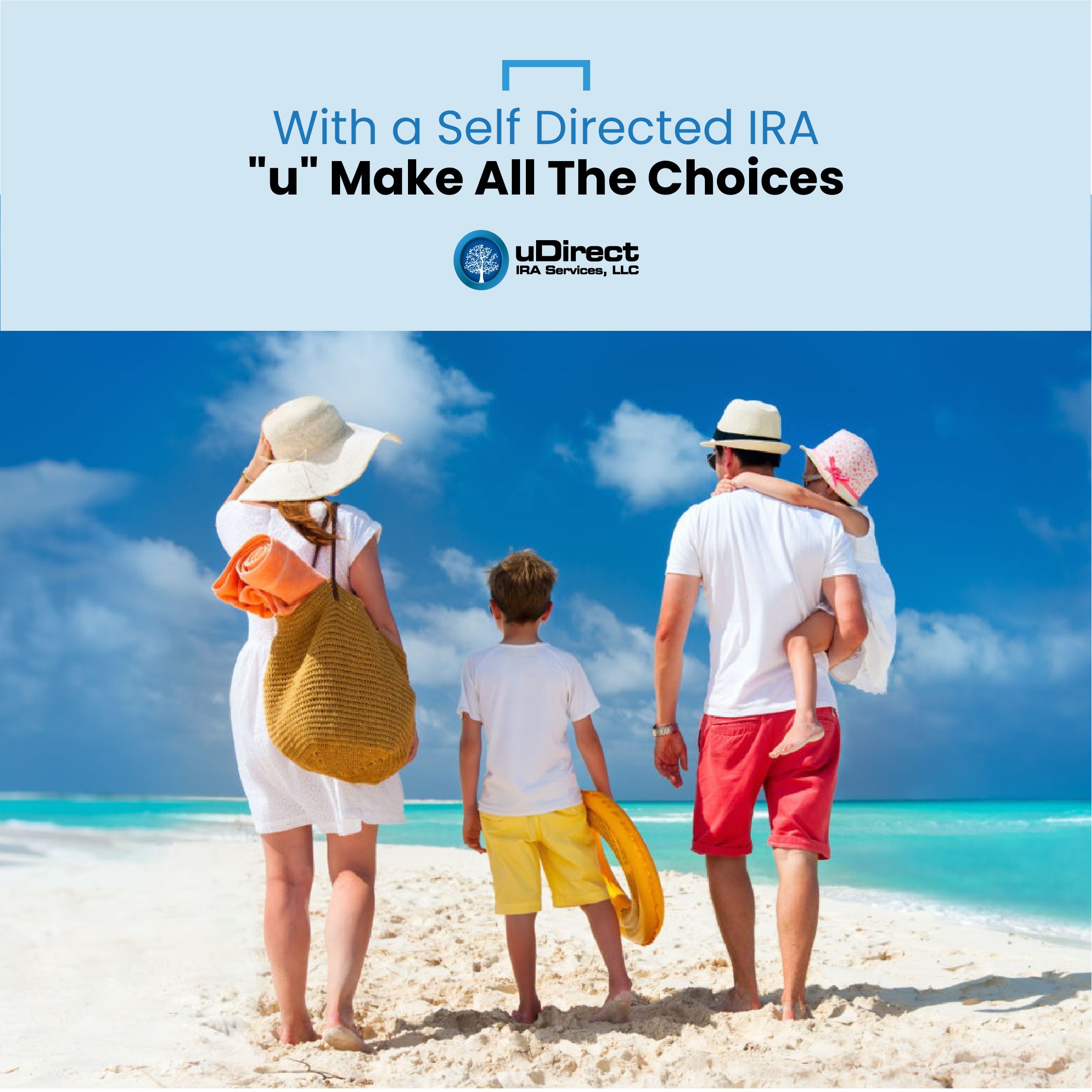|
Check out our new audio content!
Getting your Trinity Audio player ready...
|
By Gabby Darroch
If you’ve been with me for a while, you know you are not required to repay your policy loans. And if you’ve ever wondered, “If I don’t have to repay my loans, why should I?” let’s set the record straight.
The Caveat
In the initial stages of using your policy it’s important to note that we don’t recommend repaying your loan payments back into your actual policy. Instead, we encourage you to put those payments in a totally separate checking account. This is simply because why pay back money you’re just going to use again and again for things like paying off debt, financing a car, or buying a house. And a checking account is a bit easier to access than the money in your policy.
There may come a time in your life where most of your immediate financial needs are met (ie. debts are paid off). It is at this point that we encourage you to put all money stored in that separate checking account back into your policy to repay your outstanding loan balance. And here’s why:
Repaying your loan to your policy means:
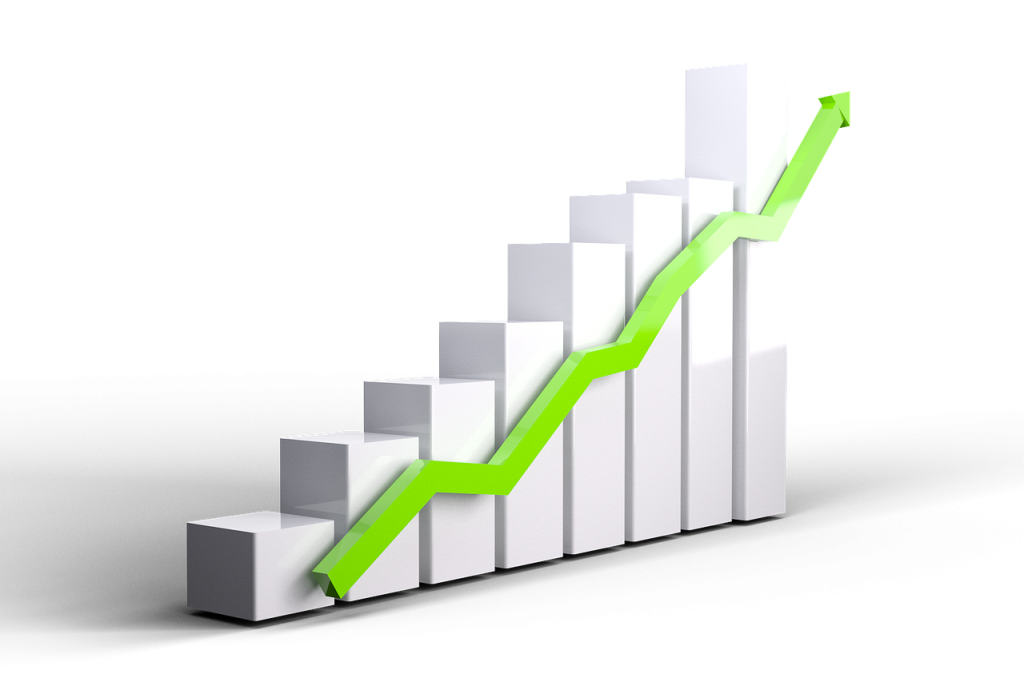
- You’re rebuilding your available cash. You have a cash account for the purpose of financing your needs in life at any moment. But when you Repay your loan to get more moneytake loans from your policy, you deplete the amount you can take on a loan. So by rebuilding the cash value in your account, you’re allowing your future financial needs to be met with a loan later on. This keeps your money in motion and working hard for you.
- You’re replenishing your death benefit to the full amount. Remember, when you take a loan, your death benefit covers all your existing unpaid loan amounts and whatever is left goes to your beneficiary after you “graduate.” Repaying your loan means that you are replenishing the full amount of your death benefit that will be paid to your beneficiary.
- You will restore your full dividend earning potential (if your contract is with a direct company). Direct companies don’t always give you the full dividend depending on your outstanding loan balance. When you repay your loan, you’re able to collect the full dividend amount that is owed to you.
- You reduce the charge on your interest payment. If you recall, when you take a loan you are actually being loaned the insurance company’s money. They charge an interest rate of about 5% for this privilege. So paying back your loans to the insurance company will result in a lowering of your interest rate on subsequent loans. This frees up more money for you. (To learn more about the interest you are charged on your policy loans, check out this article.)
The Gist of It
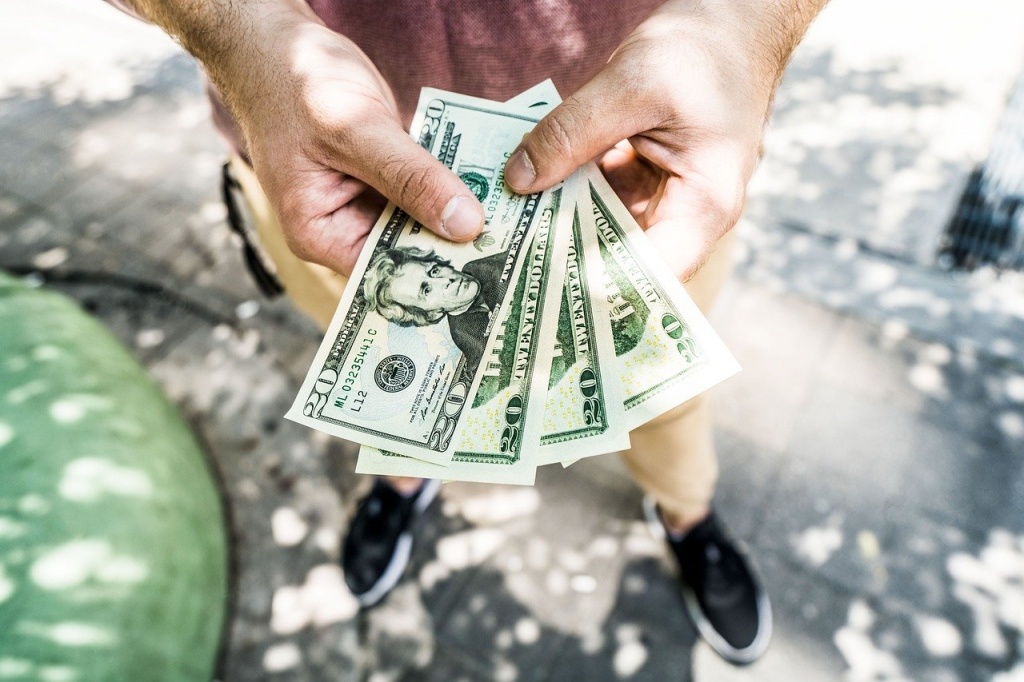
So yes, you don’t have to repay your loans. But it benefits you most to do so, if done at the right time in your life. Just remember, you do always want to pay the interest on that loan back to the insurance company. That is required.
To learn more or get started, please visit www.TheMoneyMultiplier.com. Scroll to the very bottom and click on “Member Area.” Enter the password “bankwithbrent” and watch the presentation that appears on the next page.
When you’re ready to get started on creating your financial legacy or if you have more questions, please email us at [email protected] . Or you can give us a call at 386-456-9335, and one of our mentors will be in touch with you.


